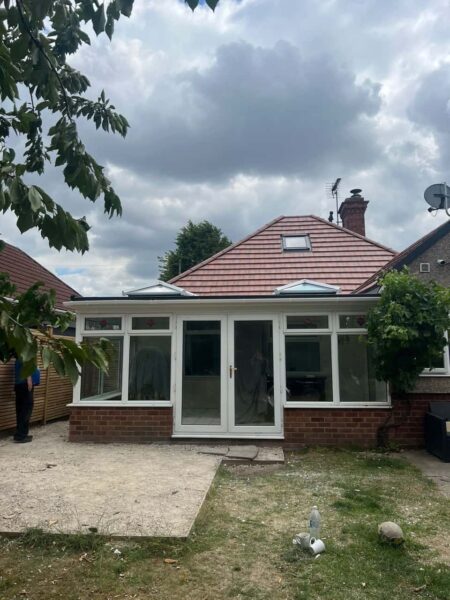Roof Inspections in Extreme Weather Zones: Special Challenges
Introduction: Roof inspections are a crucial part of property maintenance, ensuring the integrity and longevity of your roofing system. However, roof inspections can be particularly challenging and important in regions prone to extreme weather conditions, such as hurricanes, snowstorms, or desert heat. In this blog post, brought to you by WS Roofing South Elmsall, we will explore the special challenges associated with roof inspections in extreme weather zones and the essential considerations for maintaining a weather-resistant roof.
The Challenges of Extreme Weather Zones
Hurricanes and High Winds:
- In hurricane-prone regions, strong winds can cause severe damage to roofs, including shingle loss, uplift, and structural issues. Inspecting roofs in the aftermath of a hurricane can be risky due to potential structural instability and debris.
Snow and Ice Accumulation:
- Snow and ice accumulation can add significant weight to a roof, leading to structural stress and potential collapses. Roof inspections during and after snowstorms require careful planning and safety precautions.
Desert Heat:
- Extreme heat and UV radiation in desert climates can accelerate the deterioration of roofing materials, causing cracking, warping, and disintegration. Roof inspections in such conditions may expose inspectors to high temperatures and dehydration risks.
Wildfires:
- In wildfire-prone areas, embers can land on roofs and ignite roofing materials. Roof inspections may reveal damage caused by embers and require additional attention to ensure fire resistance.
Key Considerations for Roof Inspections in Extreme Weather Zones
Safety First:
- Safety should be the top priority when inspecting roofs in extreme weather zones. Inspectors must be properly trained and equipped to work in these conditions, which may involve using fall protection gear, special footwear, and sunscreen.
Timing Matters:
- Schedule roof inspections strategically. Avoid conducting inspections during the peak of extreme weather events, such as hurricanes or snowstorms. Wait until conditions have stabilised and it’s safe to access the roof.
Document Damage:
- If your region experiences extreme weather, document any damage or issues as soon as it’s safe. Prompt documentation can be crucial for insurance claims and repairs.
Regular Maintenance:
- Implement regular maintenance routines to address the wear and tear caused by extreme weather conditions. Preventive measures can extend your roof’s lifespan and reduce the need for major repairs.
Storm-Resistant Roofing:
- Consider investing in roofing materials designed to withstand extreme weather conditions. Impact-resistant shingles, high-wind-rated roofing systems, and fire-resistant materials can provide added protection.
Emergency Repairs:
- In the aftermath of extreme weather events, prioritise emergency repairs to prevent further damage. Addressing immediate issues can help maintain your roof’s integrity.
Professional Inspection:
- In some cases, it’s advisable to seek the expertise of professional roofing inspectors experienced in handling extreme weather conditions. They have the knowledge and equipment needed to conduct thorough inspections safely.
Conclusion: Roof inspections in extreme weather zones present unique challenges that require careful planning, safety precautions, and timely action. The weather-resistant performance of your roofing system is essential for protecting your property and ensuring its longevity.
Call us on: 01977 804 687
Click here to find out more about WS Roofing South Elmsall
Click here to complete our contact form and see how we can help with your roofing needs.

